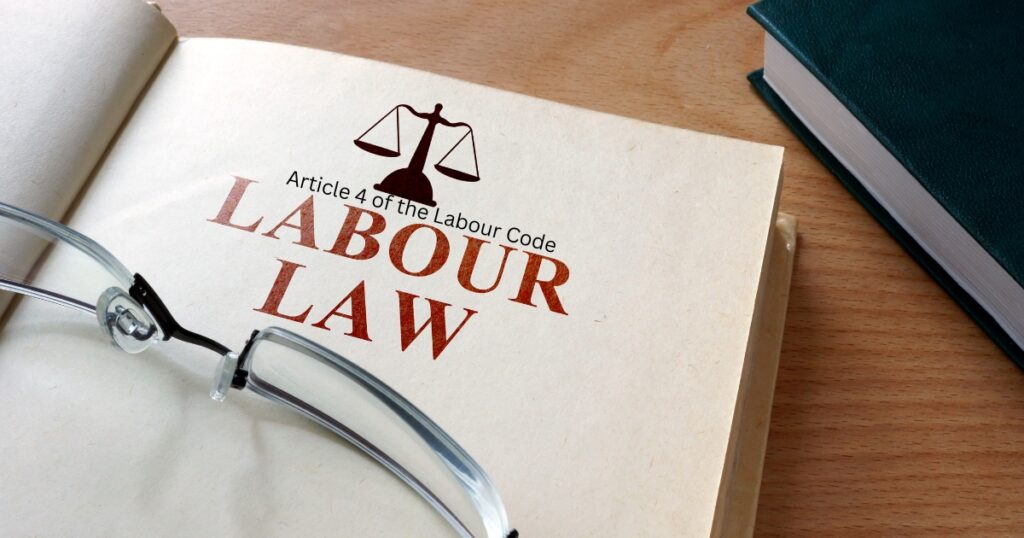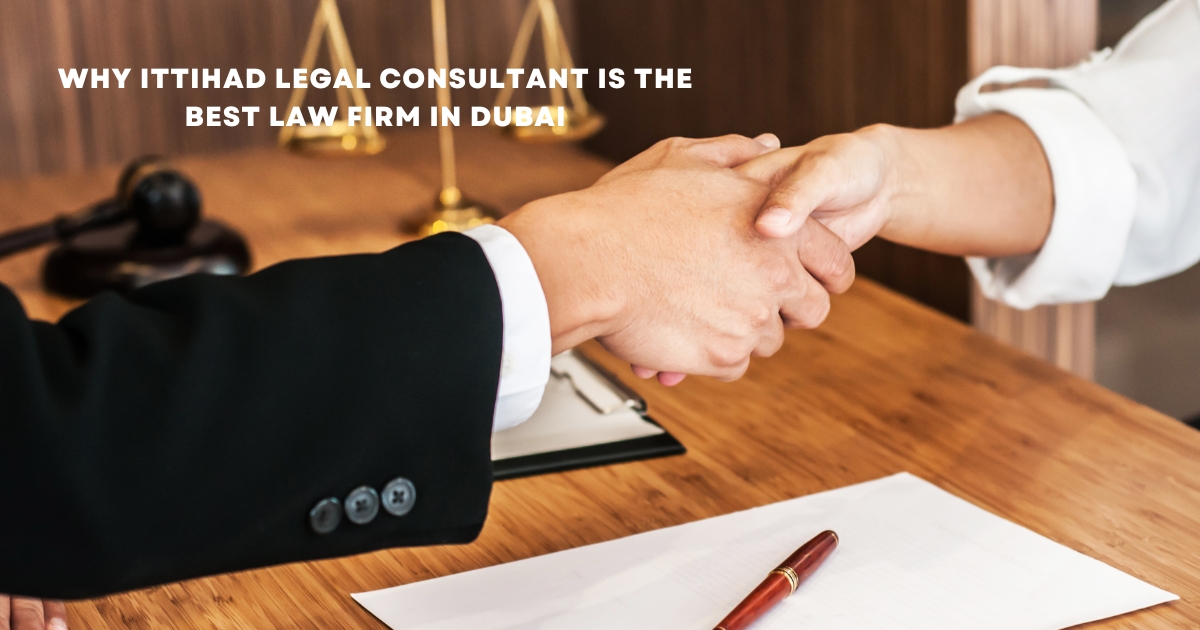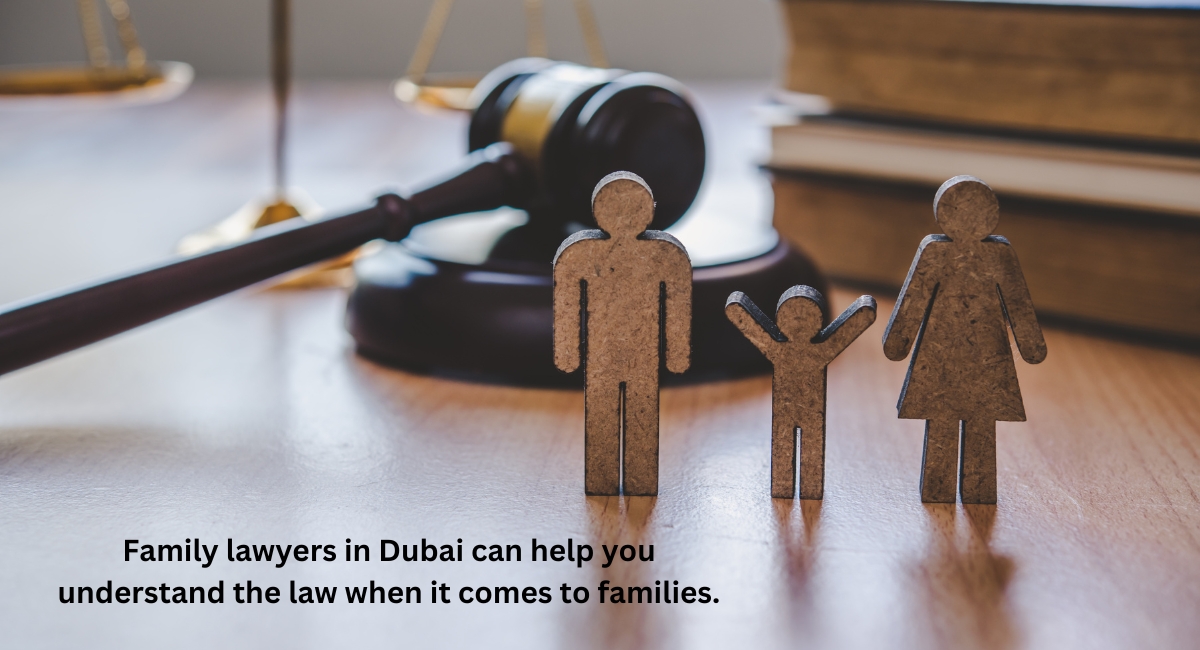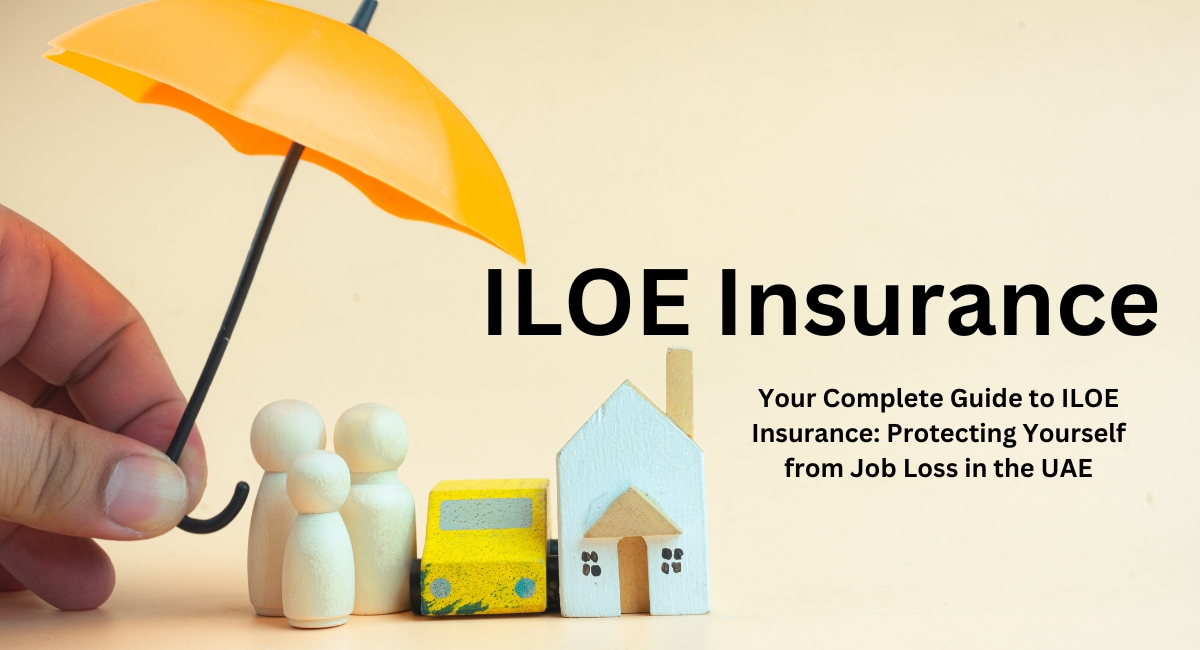We don’t like to think about workplace discrimination, but it does happen. It’s also against the law in the UAE. It’s like a safety net for work-life balance, ensuring everyone has a chance, no matter who they are or where they come from.
So, what does UAE Labour Law have to do with discrimination? Article 4 of the Labour Code spells it all out. This article is like a shield that keeps workers from being discriminated against because of their race, religion, gender, or disability. The government tells people, “Hey, everyone should get a fair chance.”
But discrimination does happen sometimes, even though we wish it didn’t. When that happens, knowing your rights and the law is helpful. We know that you can stand up for yourself and others better when you know something.
In this blog, we will discuss the specifics of discrimination at work. We’ll review the law and the kinds of discrimination that are not okay. To help you understand, we’ll also share some true stories. Also, know that I’m here to help you through anything that makes you feel stressed or uncertain.
Get your best drink, relax, and let’s talk about this subject. Knowledge is power; we can ensure everyone has an equal chance at work if we work together.
Table of Contents
ToggleUnderstanding Discrimination in the Workplace
Discrimination at work is something that a lot of us have to deal with. In this case, someone is mistreated because of who they are. It could be because of the color of their skin, their faith, or the fact that they are a man or a woman. No matter the reason, it’s not cool, and you can’t do it.
What does discrimination look like at work, then? It can be sneaky. Sometimes, it’s clear, like when someone of a certain race or gender doesn’t get a job or a raise. Sometimes, it’s more subtle, like when you joke about someone’s past that hurt their feelings.
You can’t be unfair, though. It’s against the law. Yes, the law says that no matter what, everyone should be treated equally at work. Laws keep us safe and make sure everyone has a chance.
Now, I’m not saying that discrimination doesn’t happen. It’s too bad that it does. It can make a big difference if you know about it and fight it. People can help you if you feel like you’re being mistreated because of who you are. You don’t need to go through it by yourself.
What is discrimination? Why is it wrong? What can you do if someone thinks they are being discriminated against? Because everyone, no matter who they are, should feel safe and valued at work.
Legal Framework: Article 4 of the Labour Code

Okay, let’s get down to the specifics of the law. Don’t worry; I’ll keep it accessible.
There’s something in the UAE called the Labour Code. It’s like a set of rules for how work should be done. Article 4 says something very important right there. If someone is disabled, their race, religion, or gender shouldn’t make them different from other people. It’s like the golden rule at work: treat others how you want to be treated.
Article 4 isn’t just words on paper; it ensures everyone is treated fairly. The person making sure the rules play everything is like a judge in a game.
It’s illegal for someone to mistreat you because of who you are and break these rules. Sure, being unfair at work is against the law. That’s a big deal.
You can stand up for yourself if you know what Article 4 says. You can speak up if something is wrong if you know your rights. That’s how we ensure everyone has a fair and respectful workplace.
Types of Discrimination Prohibited
Okay, let’s talk about how unfair treatment at work can happen and why it’s not okay.
First, there’s bias based on race. It is when someone is missed or poorly treated because of their skin color or origin. We shouldn’t say someone can’t do a job because of their past. That’s not fair.
Next is prejudice based on gender. This one is pretty easy to understand: it means treating someone differently because they are men or women. People are being judged because of their gender, and that’s not cool. They are getting paid less or not being considered for a raise.
Then, there is bias based on religion. It happens when someone is mistreated because of their beliefs. You should be rated on your skills and abilities, not your religion. Whether you are Muslim, Christian, Hindu, or something else, this is true.
Also, let’s not forget discrimination based on disability. It is when someone with a disability is mistreated because of it. It could be something obvious, like being in a wheelchair, or less obvious, like having trouble learning. In any case, everyone should have a fair chance to work, no matter their problems.
You can’t treat people differently in these ways, which is against the law. Remember that no one should be judged or poorly handled because of who they are. We all have a stake in this, and everyone wins when we are respectful and fair to each other.
Case Studies: Examples of Discrimination Cases in the UAE
Here are some true stories to help you understand how discrimination can happen at work.
Meet Fatima. She loves what she does as a graphic artist and is very good at it. But even though she is good at what she does, she keeps missing out on raises. Why? Some people at Sarah’s company don’t like her because she wears a scarf and doesn’t look like a leader. That is unfair treatment based on religion.
After that, there’s Ahmed. He always goes the extra mile and puts in extra hours at work. He has done this for years. During the bonus round, Ahmed sees that he is getting paid less than his coworkers who do the same job. Why? Because Ahmed isn’t from the United States, some people at his job think he could be more valuable. There’s racism going on there.
Remember Maya, too. She is a single mom who works hard to balance her home life and work. Even though she wants to be able to pick up her kids from school at any time, her boss tells her she can’t and makes it sound like she should focus on her job more than her family. That’s unfair treatment of women right there.
This is a small list of ways discrimination can appear at work. The good news is that these stories don’t have to end with loss. People like Sarah, Ahmed, and Maya can fight against injustice and stand up for their rights if they know what to do and have help.
Employer Responsibilities: Preventing Discrimination
Now, let’s talk about what companies should do to stop discrimination from happening.
First, it’s the boss’s job to ensure everyone feels safe and valued at work. It means making clear rules against bias and making sure everyone knows what they need to do.
Also, employers should teach their workers about inequality and how to avoid it. It’s like making sure everyone knows how to play the game fairly.
That’s not all, though. Employers need to pay attention to claims of discrimination. Without worrying about getting in trouble, people should be able to speak out when they think they are being treated wrongly. Also, employers need to look into these issues carefully and fix the problems they find.
Also, let’s remember to work to make the workplace more diverse and welcoming. To do that, you must hire people from different cultures and ensure everyone has the same chance of success. Accepting and celebrating our differences makes our workplace better and more enjoyable.
To sum up, companies play a big part in stopping discrimination. They can make the workplace where everyone feels valued and accepted by being clear about what is expected of them, giving training, listening to complaints, and encouraging diversity.
Employee Rights: Addressing Discrimination Complaints
Now, let’s talk about what you can do if your job mistreats you because of who you are.
To begin, understand that you have rights. Sure, it’s not okay for anyone to mistreat you because of your race, religion, gender, or anything else. What’s going on with you? You don’t have to put up with it.
What are you going to do? So, let’s start by speaking up. Tell someone you trust, like your boss or the HR staff, what’s happening. They should listen to your problem because they are there to help you.
You can do something else if you need to talk to your boss or HR. Some groups can help you determine your rights and how to file an official complaint. You don’t need to go through it by yourself.
It is the thing: when you stand up for yourself, you do more than that. You are speaking out for everyone who has ever been mistreated because of who they are. Be bold and speak up.
Remember that discrimination has no place at work. You can help make your workplace a better, more fair place for everyone by learning your rights and speaking up when something is wrong.
Consequences of Violating UAE Labour Laws
Discrimination at work is the same as breaking the law regarding what happens when you do it. If a company is found to have discriminated against an employee, they could get in a lot of trouble. It could mean getting fined, going to court, or even losing their performing license. Then, it’s not something to joke about.
Companies can get in trouble for discriminating against coworkers, as can the employees who do it. They could get in trouble, be moved, or even be fired for what they did. So, think about what you will do before you do it, and be fair and respectful to everyone.
Recent Developments and Amendments in Labour Law
Both the world and the rules that govern it change all the time. Over the past few years, there have been changes and additions to UAE labor law meant to strengthen rights against workplace discrimination. These changes show that people are becoming more aware of how important it is to make fair and open workplaces.
For instance, changes have been made to the Labour Code to make discrimination laws more transparent and robust. New projects or programs may also have started to bring attention to discrimination and encourage diversity and inclusion at work.
Employers and employees must stay up to date on these new developments to ensure they follow the latest rules and uphold the ideals of fairness and equality at work.
Conclusion
Now that we’ve talked about many things let’s end this.
Discrimination at work is a real problem, but here in the UAE, we have rules that help protect us. With Article 4 of the Labour Code as our shield, we can’t be discriminated against because of our race, religion, gender, or disability.
Laws aren’t enough, though. Employers, workers, and everyone in between must ensure everyone feels safe, appreciated, and valued at work. That means being fair and kind to each other, speaking out when something is wrong, and standing up against discrimination when we see it.
Also, know that Ittihad Legal Consultant is here to help you if you ever need advice or help with employment law. The professionals on our team are committed to protecting your rights and giving you the help you need.
It may not always be easy, but it’s worth it. We make our jobs and the world better for everyone when we work together to fight discrimination.
Let’s keep talking, learning, and moving toward a time when discrimination is a thing of the past.
You can contact us at Ittihad Legal Consultant if you need help with job law.








